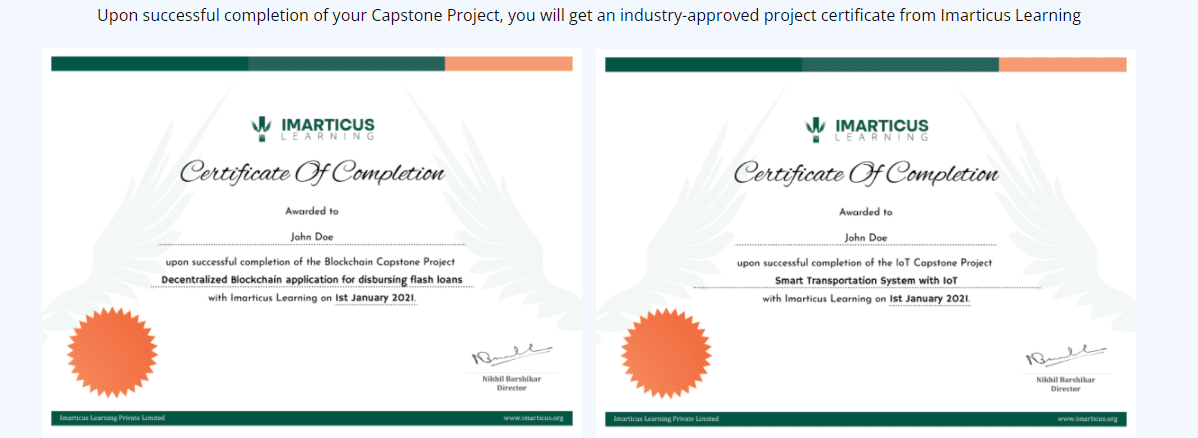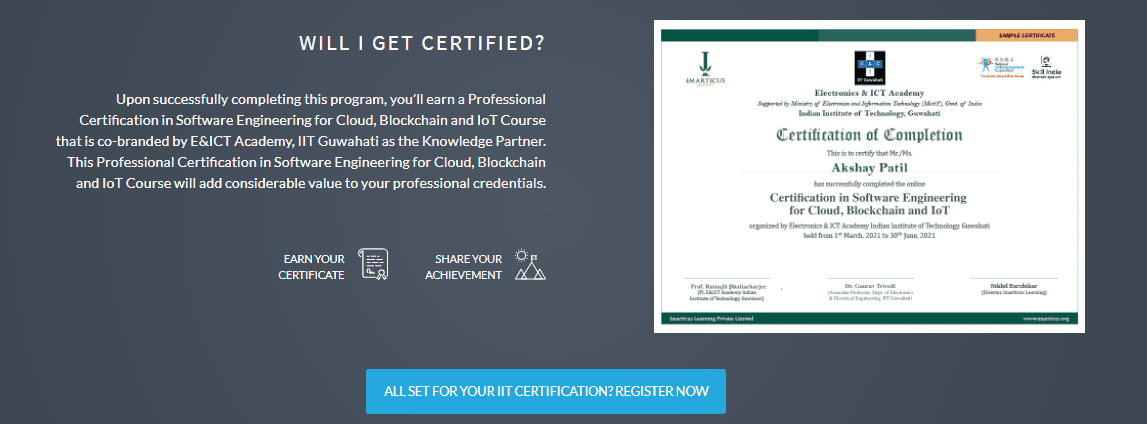To become a software developer in 2022, you will need specific skills. This blog will discuss 5 of the most important ones. These skills include coding, problem-solving, collaboration, critical thinking, and creativity. If you want to be a successful software developer, you must develop these skills!
An Introduction to software developer
A software developer writes code to create computer programs. A common misconception is that all developers are programmers, but this isn’t true! There are two different types of software developers: front-end and back-end engineers.
Front-End Engineers (also known as web designers) focus on the design aspects of websites, while Back-End Engineers (also known as web developers) focus on functionality. The term “software engineer” can refer to either one or both types of the developer; however, most people use it interchangeably with programmers when describing their profession.
What are the skills needed for software development?
Software development requires many different skills, but the most important ones are coding, problem-solving, collaboration, critical thinking, and creativity.
#01: Coding
Coding is transforming computer instructions into a form that a computer can understand.
The most common types of coding languages include Java, C++, Python, PHP, and JavaScript. Most developers will use multiple languages throughout their careers because each has its advantages and disadvantages when creating projects like websites or applications for mobile devices such as smartphones or tablets.
#02: Problem-Solving
Problem-solving is the process of identifying, analyzing, and resolving problems. These include debugging code or fixing bugs in an application that causes it to crash.
You can acquire problem-solving skills through practice and experience; however, some techniques help you solve problems more effectively. These include: breaking the problem down into smaller parts, using a step-by-step approach, and asking for help from others when needed.
#03: Collaboration
It is the process of working with others to achieve a common goal. Most development teams include multiple people with different skillsets, so you must work well with others to achieve the desired outcome.
You can acquire collaboration skills through practice and experience; however, there are some techniques that you can use to help you collaborate more effectively. These include: communicating effectively, working together as a team, and respecting the opinions of others.
#04: Critical Thinking
Critical thinking is analyzing information and ideas to conclude. You can acquire necessary thinking skills through practice and experience. These include: using logic in your arguments, being open-minded, and questioning everything until it makes sense.
#05: Creativity
Creativity is the process of generating new solutions or ideas. You can acquire creativity skills through practice and experience. However, there are some techniques that you can use to help you think more creatively. These include brainstorming, using different mediums to express your ideas, and taking risks.
To be a successful software developer in 2022, you need to have the five skills listed above: coding, problem-solving, collaboration, critical thinking, and creativity. If you can develop these skills now, you will be well-prepared for the future.
Discover Software Developer Course with Imarticus Learning.
The Certification in Software Engineering provides the best learning experience for aspiring software engineers. This online software development course covers cloud computing technologies such as blockchain and the internet of things (IoT). It is the best Certification for software engineers that will prepare students for the new-age Software Engineer position, focusing on Cloud, Blockchain, and IoT.
 Course Benefits For Learners:
Course Benefits For Learners:
- Study cutting-edge technologies like cloud, blockchain, and IoT and various real-world projects that will expose students to a range of sectors to prepare for an exciting career.
- Students can obtain hands-on experience working with well-known firms or on current-events initiatives.
- Manage real-world difficulties, comprehend software design fundamentals, and develop essential skills to become a new-age software engineer.



 It is a wonderful option that will be quite suitable for beginners and professionals equally. There is no need to have any experience in coding to be eligible for this course.
It is a wonderful option that will be quite suitable for beginners and professionals equally. There is no need to have any experience in coding to be eligible for this course. 



 To
To 
 The
The 
 Obtaining a Certification in Software Engineering can help you demonstrate your talents to potential employers and set you apart from other applicants by displaying your experience. Employers can trust the quality of your work in your certification area if you obtain certification from a well-known authority.
Obtaining a Certification in Software Engineering can help you demonstrate your talents to potential employers and set you apart from other applicants by displaying your experience. Employers can trust the quality of your work in your certification area if you obtain certification from a well-known authority. There are many who have a degree from reputed colleges but it is equally important to have additional skills to stand out in today’s world where competition is so high. It is important that you have all the skill sets required to bag a good job in the industry and further your career according to your wishes.
There are many who have a degree from reputed colleges but it is equally important to have additional skills to stand out in today’s world where competition is so high. It is important that you have all the skill sets required to bag a good job in the industry and further your career according to your wishes.